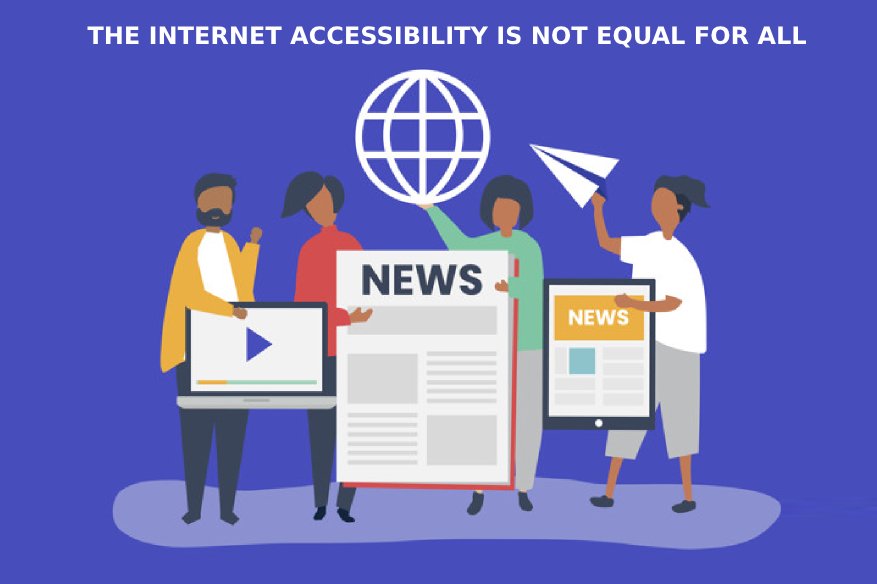The Internet Accessibility Is Not Equal For All, What Can We Do?

Every territorial jurisdiction, like a country or a regional group of countries has a say on how a person experience the Internet. This is very evident in countries with strict rules for information accessibility or exchange, where the regime holds the authority of who can have the information and what information can be viewed. North Korea for example, where only those people connected with the leadership has the open access to external Internet that the rest of the world know. The Kim dynasty maintains a country-wide Intranet, an internally developed subnetwork browsable using a standard web browser. That is the only Internet a not well-connected North Korean has access to. China, on the other hand, ordered the country’s Internet Service Providers to use the single great firewall for all their network traffic, including all their customers. All of China, except the Special Administrative Regions of Hongkong and Macau are compulsory using the great firewall, which filters Anti-China regime contents.
Censorship of the Internet for other states in the Middle East like Egypt, Libya, Syria and Tunisia were due to their respective governments trying to keep themselves from being ousted by their own citizens during the Arabs Spring. The flow of information is vital for shaping the political and administrative atmosphere of a country. Geoblocking does not always end in extremes, even some sites automatically blocks users from other region or countries, for the purpose of marketing a content. This is very evident with Youtube and other streaming video service, if a video is uploaded with a target geographical audience in mind, anyone that uses a device with an IP not compliant for the target region/country are automatically blocked by the algorithm.
Such actions are done according to the video sharing websites’ goal to promote the content only within the geographical limits of the market where the producer wants to market. That is why Netflix for example caters only for certain region only like the North American continent. The problem with geoblocking is the Internet is not uniform for all users. Netflix and Youtube themselves command a huge chunk of all the world’s bandwidth usage. The only technology that outrun Youtube and Netflix in usage is Bittorrent file sharing.
Even without government blocking rules and with free (as in freedom) browsing of the Internet, some sites promote self-censorship in ‘compliance with community standards.’ Facebook and Twitter are allegedly being dictated by influential entities to censor content that violate the arbitrary ‘community standards’ they defined for the social media sites they respectively operate. Sometimes, the take down actions is ridiculous, like blocking a content which was very obvious was published/posted under ‘fair use policy.’ As a platform operator, Facebook and Twitter became very influential instruments for people to air their concerns and speak-up with whatever topic they wish to discuss. But this responsibility and obligation of Facebook and Twitter are not fully complied with, yes they remove fake accounts, but in the process they also deleted genuine content and real accounts.
The bottom line, wherever you are, try to be the change you wish to fulfill. Government officials are voted into their positions, appointed officers can be ousted through legal means and change in policies can be shaped by public opinion. Speak-up if you can, even powerful companies don’t want to lose their profit and long term capability to earn income. That is where voting for real public servants and voting with your wallet in choosing products and services shape our world, one vote at a time.